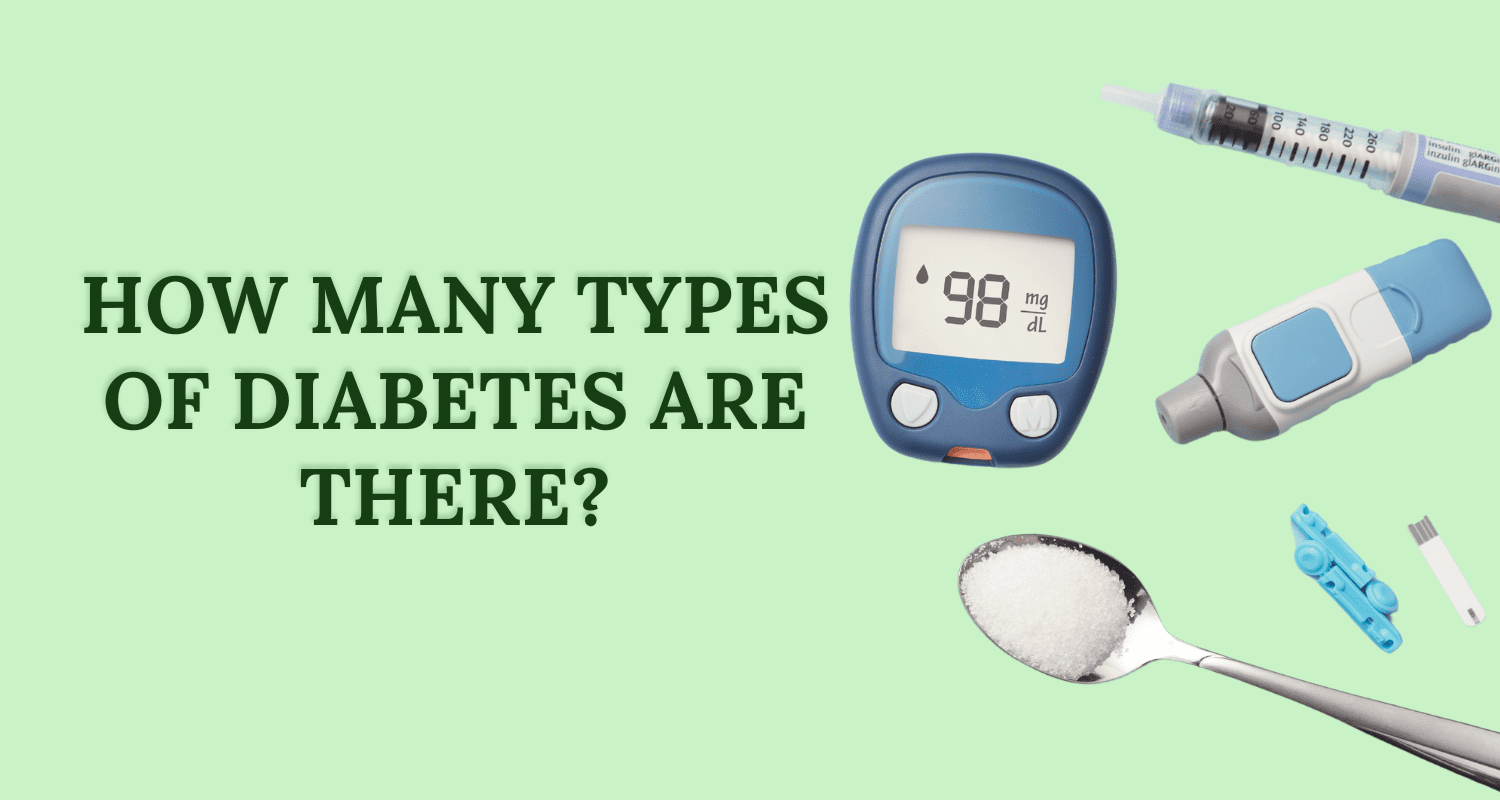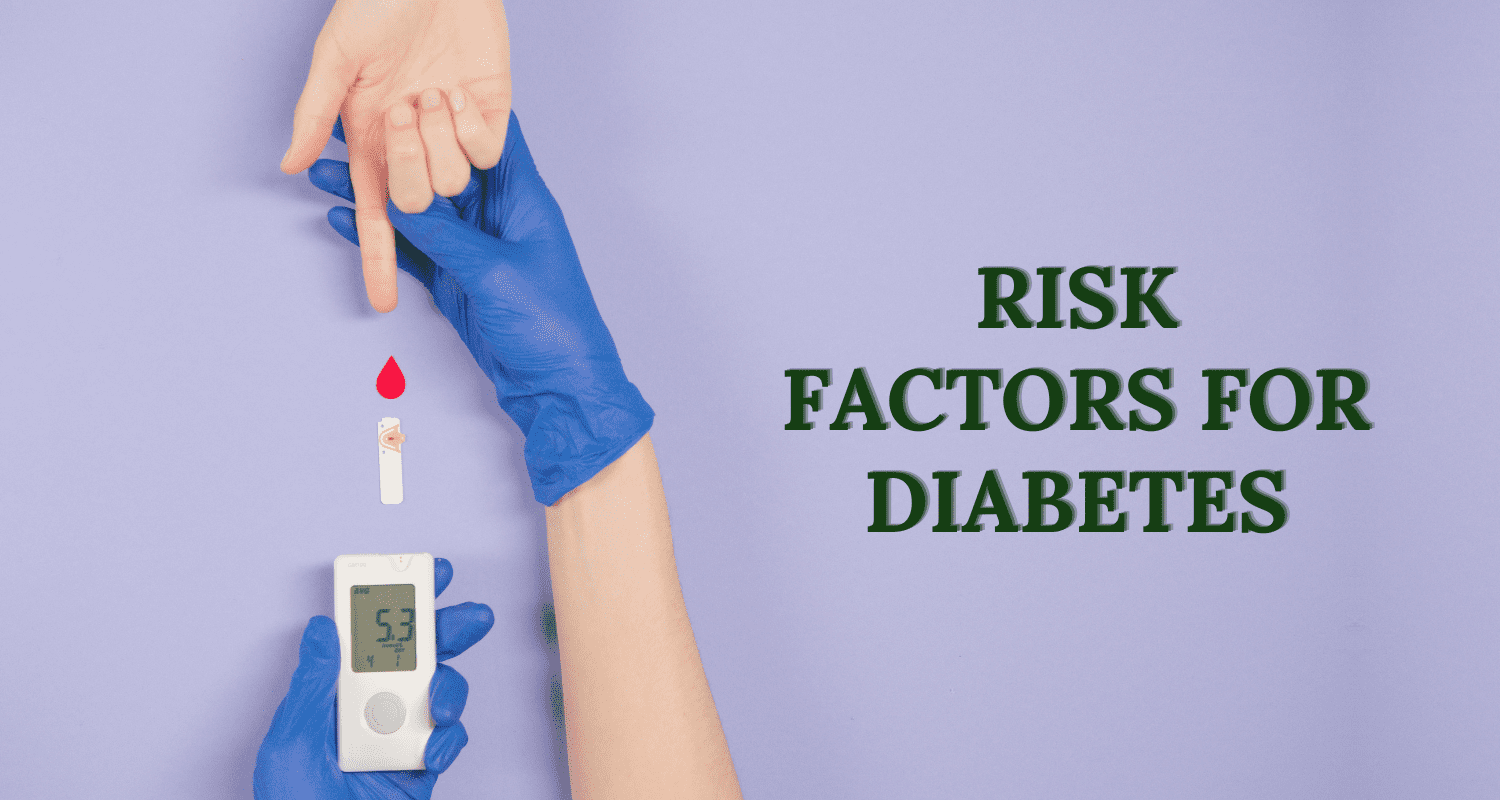Did you know that overdoses of semaglutide drugs, such as Ozempic and Wegovy, have doubled between 2022 and 2023?
Taking too much Ozempic can be really dangerous.
You might feel really sick, with nausea, vomiting, and severe stomach pain. It can also cause diarrhea.
Taking too much can lead to dangerously low blood sugar, which is a big risk.
These overdoses can cause dehydration, kidney problems, and even require hospital stays.
Also, using semaglutide versions not approved by the FDA increases these risks.
In this article, we’ll look at why people are taking too much semaglutide. We’ll cover what happens if you take too much ozempic and what makes it risky.
We’ll talk about the dangers of non-approved semaglutide, the rise in overdoses, safety issues, and what actions have been taken.
Plus, we’ll discuss how to treat an Ozempic overdose.
Let’s dive into what happens if you take too much ozempic.
Key Takeaways:
- What happens if you take too much ozempic? Taking too much Ozempic can result in severe gastrointestinal symptoms, dehydration, kidney damage, and life-threatening low blood sugar.
- Overdoses of semaglutide drugs, particularly Ozempic and Wegovy, have been on the rise, with reports of overdoses doubling between 2022 and 2023.
- Compounded versions of semaglutide, which are not FDA-approved, can contribute to overdoses and pose additional risks.
- Immediate medical attention should be sought if an Ozempic overdose is suspected.
- Regulatory actions have been taken against the use and distribution of compounded semaglutide.
The Reasons Behind Semaglutide Overdoses
Semaglutide overdoses happen for several reasons. The appetite-suppressing effects are a major cause.
Taking too much can lead to intense nausea, vomiting, pain in the belly, and diarrhea.
People often increase their dose too quickly, trying to lose weight fast or to meet insurance demands.
This raises the chance of overdosing. Drug shortages in stores can also lead to overdoses.
Some people might use compounded versions of semaglutide during these times.
However, these compounded drugs might contain different ingredients than the FDA-approved versions.
Because they’re not regulated, they could be riskier and increase overdose odds.
Causes of Semaglutide Overdoses:
- Appetite-suppressing effect of semaglutide
- Increased dosage to meet weight loss goals or insurance requirements
- Shortages of semaglutide in pharmacies
- Seeking compounded versions of the drug
It’s crucial to follow a doctor’s advice when using semaglutide.
Being aware of overdose risks is important.
Sticking to the prescribed dose and instructions helps prevent overdoses and their harmful effects.
Symptoms and Complications of Ozempic Overdose
An Ozempic overdose can seriously affect the body. It leads to various symptoms and complications.
Ozempic Overdose Symptoms
If someone takes too much Ozempic, they might face these symptoms:
- Intense nausea: This includes excessive vomiting and stomach discomfort after an Ozempic overdose.
- Vomiting: An overdose can cause frequent and forceful vomiting.
- Abdominal discomfort: Too much Ozempic can bring intense pain and discomfort in the belly.
Complications of Ozempic Overdose
An overdose can lead to severe complications, such as:
- Dehydration: Excessive vomiting and diarrhea can severely dehydrate someone, needing urgent care.
- Acute kidney failure: Not treating dehydration can stop the kidneys from working right, causing acute kidney failure.
- Hypoglycemia: Too much Ozempic can dangerously lower blood sugar, leading to life-threatening hypoglycemia.
- Muscle loss: Overdosing may result in muscle wasting, affecting long-term physical health.
- Increased fracture risk: Ozempic overdose can make you more likely to get fractures.
Immediate medical attention is crucial if an Ozempic overdose is suspected. Quick action can lessen symptoms and cut down complication risks.
The Risks of Compounded Semaglutide
Compounded semaglutide comes with big risks.
Some pharmacies make these versions and might add semaglutide salts.
Yet, they miss the tough testing and FDA’s approval that regular meds go through.
Using compounded semaglutide can cause serious gastrointestinal complications. Issues like stomach paralysis (gastroparesis) and bowel blockage (ileus) can happen.
These are major health issues from ozempic side effects that need a doctor’s care.
The FDA says it’s better to avoid compounded semaglutide. They recommend using versions of the medication that have a prescription.
Increase in Semaglutide Overdoses
Poison control centers in the United States have seen a big increase in calls about semaglutide.
From 2019 to 2023, the number of semaglutide overdose calls more than doubled. This info comes from America’s Poison Centers.
Many people are taking too much semaglutide by mistake. This includes too much of the drug in compounded forms.
Ozempic and Wegovy are two popular semaglutide drugs. They are known for helping with weight loss.
Celebrities’ endorsements have made them even more popular. This has led to an increased demand.
But, there are often shortages of these meds.
Some people are using compounded semaglutide that hasn’t been properly tested.
These versions might not be safe. They can have different ingredients than the drugs approved by the FDA. This could lead to harmful effects.
It’s very important to stick to the semaglutide dose your doctor prescribes. If you think you’ve taken too much, get medical help right away.
Quick action is key to dealing with an overdose.
Safety Concerns and Regulatory Actions
Semaglutide’s safety concerns have prompted strict oversight from regulatory agencies.
The FDA has acted to ensure public safety with compounded semaglutide. They aim to address the associated risks.
The FDA warns against using ozempic dosage safety because it hasn’t been properly tested.
These versions bypass the strict testing FDA-approved drugs go through. This makes them riskier for people to use.
The FDA is cracking down on the sale of unapproved compounded semaglutide.
They are taking legal steps against online sellers and others distributing these unsafe products. Novo Nordisk, the pharmaceutical company, is also suing to stop the sale of fake semaglutide, highlighting the need for strict regulation.
The FDA’s Commitment to Public Safety
The FDA is dedicated to protecting people from the risks of compounded semaglutide.
They’re issuing warnings, taking legal action, and working with drug makers. Their goal is to make sure only safe and effective semaglutide is available.
Importance of FDA-Approved Medications
The push on safety and regulation stresses the need for FDA-approved drugs. FDA-approved semaglutide is thoroughly tested to make sure it’s safe and works well.
People should stick to these medications and follow dosing instructions to lower health risks.
Healthcare workers and patients should focus on safety and only use FDA-approved semaglutide. The FDA’s warnings and actions remind us to be careful when choosing semaglutide treatments.
Treatment for Ozempic Overdose
If you think someone has taken too much Ozempic, get medical help right away. Quick action is crucial to lessen the dangers of an overdose with treatment for Ozempic overdose.
The main steps to handle an emergency Ozempic overdose include keeping blood sugar stable.
Doctors might use glucose for quick energy, give fluids through an IV to balance water and minerals, or use glucagon to raise very low blood sugar.
In serious situations, staying in the hospital might be needed for medical care for Ozempic overdose. This lets doctors watch the person closely, give necessary treatments, and handle any problems that come up.
Caring for someone who overdosed also means keeping them hydrated and comfortable. IV fluids help against dehydration and medicines can reduce nausea from the overdose.
Remember, there’s no specific cure for too much semaglutide. So, medical care for Ozempic overdose aims at easing symptoms, ensuring patient comfort, and waiting for the drug to wear off naturally.
Conclusion
What happens if you take too much Ozempic? Taking an excessive amount of Ozempic can lead to severe health problems, including serious stomach issues, dehydration, kidney damage, and low blood sugar.
The number of semaglutide drug overdoses has been increasing, with reports doubling recently, especially in the context of weight loss efforts.
Eating an essential nutrient-rich diet can be a healthy way to achieve weight loss goals.
Compounded versions of semaglutide, not approved by the FDA, add to the overdose risk, bringing additional dangers.
It’s vital to only use semaglutide drugs as advised by a doctor for weight loss.
If you suspect an overdose, seek medical help immediately.
The actions taken against non-approved semaglutide stress the importance of FDA-approved medications.
Always adhere to the dosage instructions provided by your doctor.
FAQs
What happens if you take too much Ozempic?
Ozempic excessive use effects can lead to low blood sugar (hypoglycemia), nausea, vomiting, or severe allergic reactions.
What happens if you take 2 doses of Ozempic?
Taking two doses of Ozempic at once can increase the risk of side effects like nausea, vomiting, or low blood sugar.
Is it possible to overdose on Ozempic?
Yes, overdosing on Ozempic can occur, leading to severe hypoglycemia or other serious side effects. Always follow your doctor’s dosage instructions.
What is the highest amount of Ozempic you can take?
The maximum recommended dose of Ozempic is 1.0 mg once weekly. Exceeding this dosage can increase the risk of side effects.
What happens if you eat too much Ozempic?
Consuming excess Ozempic toxicity risks can lead to overdose symptoms such as low blood sugar, nausea, or vomiting. Always adhere to the prescribed dosage.
Can I take Ozempic 2 days in a row?
No, Ozempic is typically administered once weekly. Taking it more frequently can lead to increased side effects or complications.
How much weight can you lose in a month with Ozempic?
Weight loss with Ozempic can vary, but on average, individuals may lose around 4-5% of their body weight in a month when combined with diet and exercise.
Disclaimer: This content, including advice, provides generic information only. It is not a substitute for a qualified medical opinion. Always consult a specialist or your doctor for more information. Nutrition Cult does not claim responsibility for this information.




